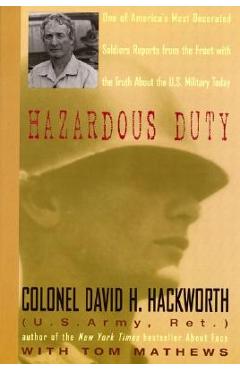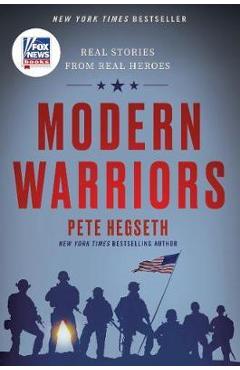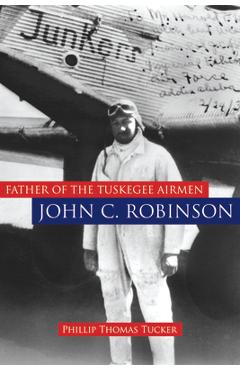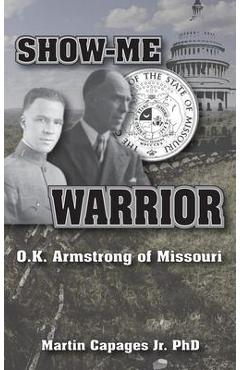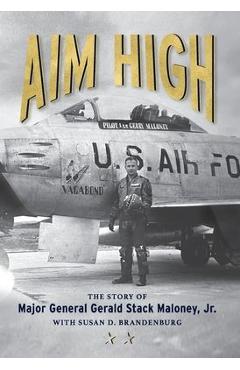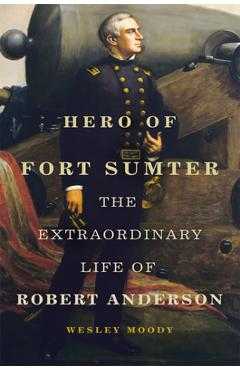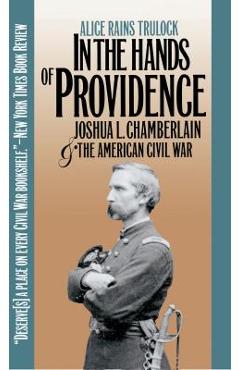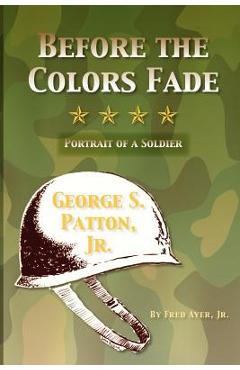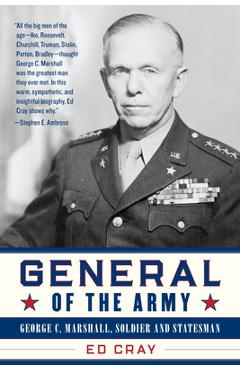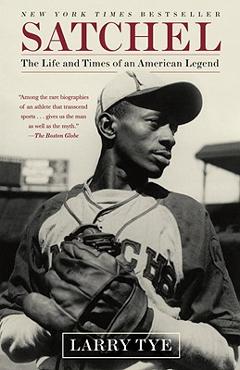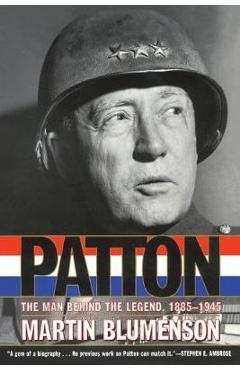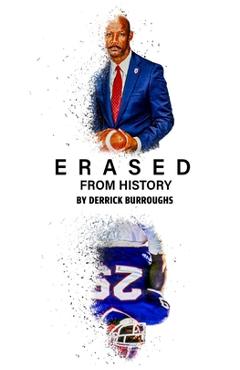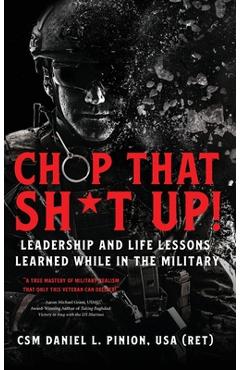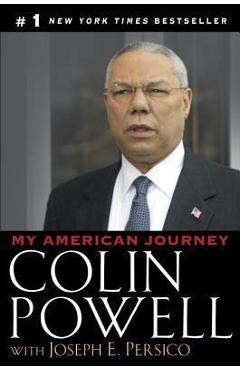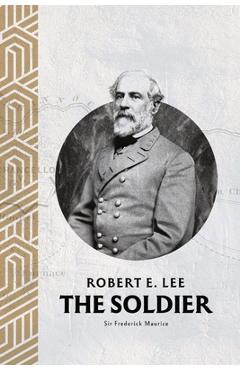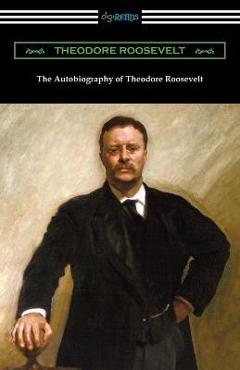The Quiet One - General Roscoe Robinson, Jr.
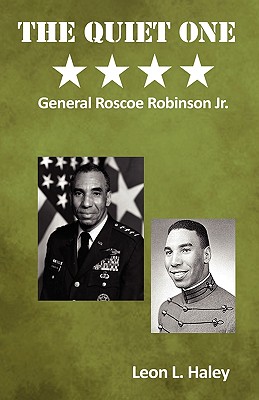
The Quiet One - General Roscoe Robinson, Jr.
Since the early days of the American Republic, African Americans have been active participants in the military history of our nation. However, until the late 1940s, their experiences in the military, for the most part, occurred during the period of racial segregation, which often resulted in their being assigned to non-combat duties. Nevertheless, in spite of their status, they continued to exhibit loyalty to their country and served honorably. Students of American history are familiar with great military leaders whose heroic deeds during the military conflicts of the 19th and 20th centuries have become a part of our historical legacy. Much has been written about them as highly visible symbols of courage and leadership. Yet others, equally deserving remain unknown and have not received the same visibility in terms of public recognition. When I became aware of the life and career of General Roscoe Robinson, Jr., the first United States Army African American four-star general, I was surprised to learn so few people-even among my own generation of African Americans-had ever heard of him. Even in one of the most comprehensive history books about African Americans - From Slavery to Freedom, written by the well-known scholar, John Hope Franklin, Roscoe Robinson is not mentioned. In authoring this biography, I seek to fill this gap in our knowledge of this remarkable man who, from humble beginnings, rose to the pinnacle of military success through perseverance, discipline, and commitment to duty and country. Whenever I write something of an historical nature pertaining to the life and times of African Americans, I am always reminded of the admonition of one of America's most distinguished men of color - William E. B. Du Bois. It was he who-in a presentation in 1898 before the American Academy of Political and Social Science-advanced the notion that understanding black life in America required a systematic assessment of the influence of broad historical, cultural, social, economic, and political forces that shaped the times. There is no way of denying the subject of race in the military. It was an inescapable condition, which has riveted American social, cultural, and political systems before and during Robinson's time in the military. I have tried to convey that circumstance as accurately as possible. Indeed, in many respects, from his early childhood through his retirement years, Robinson lived through one of the most historic periods in race relations in th
PRP: 239.32 Lei
Acesta este Pretul Recomandat de Producator. Pretul de vanzare al produsului este afisat mai jos.
203.42Lei
203.42Lei
239.32 LeiLivrare in 2-4 saptamani
Descrierea produsului
Since the early days of the American Republic, African Americans have been active participants in the military history of our nation. However, until the late 1940s, their experiences in the military, for the most part, occurred during the period of racial segregation, which often resulted in their being assigned to non-combat duties. Nevertheless, in spite of their status, they continued to exhibit loyalty to their country and served honorably. Students of American history are familiar with great military leaders whose heroic deeds during the military conflicts of the 19th and 20th centuries have become a part of our historical legacy. Much has been written about them as highly visible symbols of courage and leadership. Yet others, equally deserving remain unknown and have not received the same visibility in terms of public recognition. When I became aware of the life and career of General Roscoe Robinson, Jr., the first United States Army African American four-star general, I was surprised to learn so few people-even among my own generation of African Americans-had ever heard of him. Even in one of the most comprehensive history books about African Americans - From Slavery to Freedom, written by the well-known scholar, John Hope Franklin, Roscoe Robinson is not mentioned. In authoring this biography, I seek to fill this gap in our knowledge of this remarkable man who, from humble beginnings, rose to the pinnacle of military success through perseverance, discipline, and commitment to duty and country. Whenever I write something of an historical nature pertaining to the life and times of African Americans, I am always reminded of the admonition of one of America's most distinguished men of color - William E. B. Du Bois. It was he who-in a presentation in 1898 before the American Academy of Political and Social Science-advanced the notion that understanding black life in America required a systematic assessment of the influence of broad historical, cultural, social, economic, and political forces that shaped the times. There is no way of denying the subject of race in the military. It was an inescapable condition, which has riveted American social, cultural, and political systems before and during Robinson's time in the military. I have tried to convey that circumstance as accurately as possible. Indeed, in many respects, from his early childhood through his retirement years, Robinson lived through one of the most historic periods in race relations in th
Detaliile produsului










